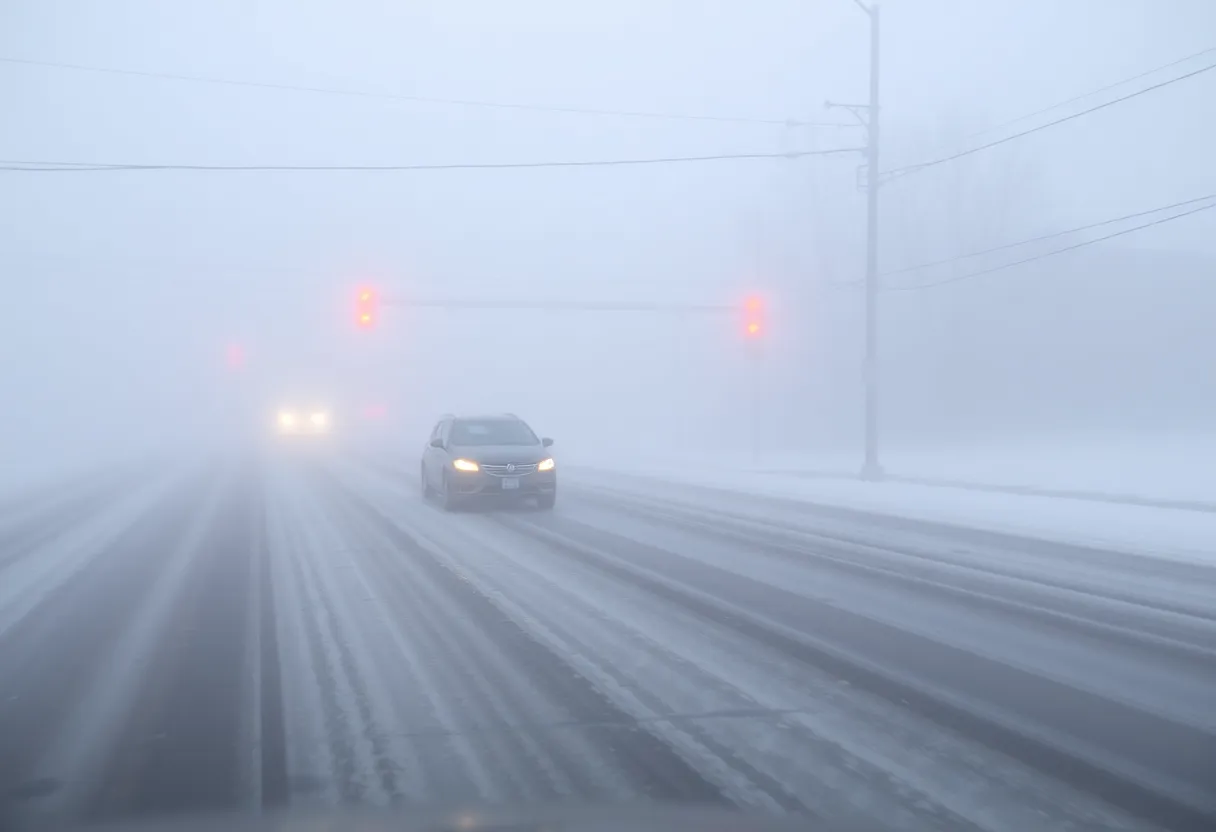News Summary
In Memphis, significant debate surrounds a proposal by state lawmakers to replace the locally-elected school board with a state-appointed board, sparking concerns among local leaders. The proposal includes a $6 million forensic audit of the school district amid allegations of mismanagement, aiming to address accountability issues. Critics argue it undermines local governance, while supporters claim it is needed for improving low-performing schools. As discussions unfold, the community remains divided on the implications of this potential takeover for educational governance.
Concern Grows in Memphis Over Proposed School Takeover
In the bustling city of Memphis, a significant debate is unfolding over the future of the Memphis-Shelby County Schools (MSCS) system. Recently, a proposal has emerged from Republican lawmakers aiming to replace the locally-elected school board with a state-appointed board, which many local leaders are calling a “hostile takeover.”
The Proposal Unveiled
The proposed legislation would empower a state-appointed board with immense authority over crucial aspects of the school district, including budgets, contracts, and educational policies affecting the students of Memphis and Shelby County. The repercussions of this measure could extend far beyond just governance; it might lead to the replacement of current district directors and school board members by state officials. Such a shift raises significant concerns among constituents who value local control of education.
Additionally, as part of the proposed intervention, the Tennessee legislature has earmarked a substantial $6 million for a forensic audit of the MSCS district. This move is intended to investigate the district’s operations and management, which have lately come under scrutiny after the recent firing of the school district director amid allegations of mishandling administrative responsibilities.
Who’s Behind the Shift?
The primary advocate for this legislative overhaul is Rep. Mark White from East Memphis, who is sponsoring one of the key bills aimed at initiating this significant transition in governance. It’s important to note, however, that this bill will not be up for discussion until the state legislature finalizes the budget for the upcoming year, leaving many anxious about the timeline and implications of this potential takeover.
What’s Driving This Change?
The need for such intervention arises from concerns about student performance and accountability within the school system. The newly proposed board would specifically target “low-performing” schools, stepping in for a period of three to four years and possessing veto power over the budget and charter school applications. If certain performance thresholds aren’t met—like at least 50% of students failing to meet grade-level standards in math and English, or if 30% of schools receive poor grades—this oversight would be triggered.
Opposition Voices Echo Loudly
However, not everyone agrees with this drastic measure. Critics of the proposed takeover include local educators and community leaders who argue that such actions undermine the voices of local constituents who have elected their school board officials. One of the loudest voices against the state intervention is Liz Marable, the president of the United Education Association of Shelby County, who emphasizes that the state has a historical track record of struggling to effectively manage schools.
Furthermore, Senate Democratic leaders are pushing back against this legislation, arguing that it represents a blatant overreach of government authority and a direct threat to local governance. Their concerns are echoed by local officials, including Shelby County Mayor Lee Harris, who advocate for a focus on improving the educational system instead of punitive measures against the district’s administration.
Looking Ahead
As discussions continue around accountability and the performance of the Memphis-Shelby County Schools, the community remains divided on the issue. The upcoming months promise to bring more debates and discussions as the new proposals are considered. It’s a critical time for Memphis as residents, educators, and policymakers navigate the best path forward for the education of their students.
In summary, while some see the proposed state intervention as a necessary step to address deep-seated issues within the local school system, others worry that it may complicate the very governance that the community has established. As this story unfolds, the future of Memphis-Shelby County Schools hangs in the balance, reflecting the ongoing challenges and aspirations facing education in the region.
Deeper Dive: News & Info About This Topic
HERE Resources
Memphis Prepares for Severe Flooding Amid Weather Alerts
Tennessee Lawmakers Halt Memphis-Shelby County Schools Takeover
Major Changes Proposed for Memphis-Shelby County Schools
Memphis Schools Board Member Faces Review Over Social Media Comments
Memphis University Faces Controversy as Rittenhouse Returns
Changes Ahead for Memphis Schools
Memphis Approves Property Tax Hike and Fee Increases
Memphis Schools Facing Potential State Takeover
Memphis City Council Approves New Budget Amid Revenue Challenges
Memphis-Shelby County Schools Face Potential State Takeover
Additional Resources
- Tennessee Lookout: Lawmakers File Memphis Shelby Schools Hostile Takeover
- Tennessean: Memphis Public Schools Should Not Be Taken Over
- Tennessee Lookout: Lawmakers Push for Memphis Shelby Schools Takeover
- Encyclopedia Britannica: School Takeover
- Commercial Appeal: MSCS Takeover Bill Advances Changes
- Google Search: Memphis Shelby Schools Takeover
Author: STAFF HERE MEMPHIS WRITER
The MEMPHIS STAFF WRITER represents the experienced team at HEREMemphis.com, your go-to source for actionable local news and information in Memphis, Shelby County, and beyond. Specializing in "news you can use," we cover essential topics like product reviews for personal and business needs, local business directories, politics, real estate trends, neighborhood insights, and state news affecting the area—with deep expertise drawn from years of dedicated reporting and strong community input, including local press releases and business updates. We deliver top reporting on high-value events such as Beale Street Music Festival, Elvis Week, and Memphis in May International Festival. Our coverage extends to key organizations like the Greater Memphis Chamber and the Memphis Convention & Visitors Bureau, plus leading businesses in logistics, healthcare, and music that power the local economy such as FedEx, St. Jude Children's Research Hospital, and AutoZone. As part of the broader HERE network, including HEREBristol.com, HEREChattanooga.com, HEREKnoxville.com, and HERENashville.com, we provide comprehensive, credible insights into Tennessee's dynamic landscape.






